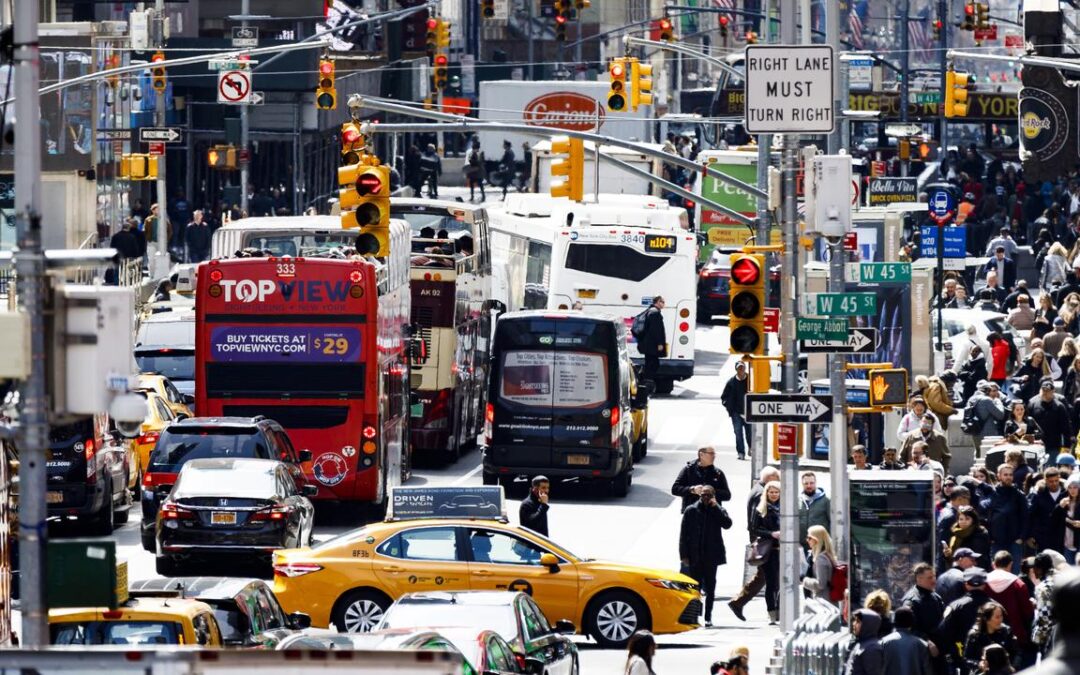
US could demand thousands in bonds for tourist visas
The US could require thousands of dollars-worth of bonds for some tourist and business visas under a pilot program launching in two weeks, a government notice said, an effort that aims to crack down on visitors who overstay their visas.
The program gives US consular officers the discretion to impose bonds of up to $US15,000 ($A23,200) on visitors from countries with high rates of visa overstays, according to a Federal Register notice.
Bonds could also be applied to people coming from countries where screening and vetting information is deemed insufficient, the notice said.
President Donald Trump has made cracking down on illegal immigration a focus of his presidency, boosting resources to secure the border and arresting people in the US illegally.
He issued a travel ban in June that fully or partially blocks citizens of 19 nations from entering the US on national security grounds.
Trump’s immigration policies have led some visitors to skip travel to the United States. Transatlantic airfares dropped to rates last seen before the COVID-19 pandemic in May and travel from Canada and Mexico to the US fell by 20 per cent year-on-year.
Effective August 20, the new visa program will last for approximately a year, the government notice said. Consular officers will have three options for visa applicants subjected to the bonds: $US5,000 ($A7,750), $US10,000 ($A15,500) or $US15,000 ($A23,200), but will generally be expected to require at least $US10,000 ($A15,500), it said.
A similar pilot program was launched in November 2020 during the last months of Trump’s first term in office, but it was not fully implemented due to the drop in global travel associated with the pandemic, the notice said.
The State Department was unable to estimate the number of visa applicants who could be affected by the change. Many of the countries targeted by Trump’s travel ban also have high rates of visa overstays, including Chad, Eritrea, Haiti, Myanmar and Yemen.
Numerous countries in Africa, including Burundi, Djibouti and Togo also had high overstay rates, according to US Customs and Border Protection data from fiscal year 2023.

Nationwide protests planned after Harbour Bridge march
Protest laws could be repealed or expanded following a march across an iconic national landmark, as activists plan for more demonstrations.
The pro-Palestine movement, boosted by a march across the Sydney Harbour Bridge which made news across the nation and around the world, hopes to build on its momentum.
The march across the bridge and back in pouring rain came after opposition from police, and a court’s overruling approval that has politicians worrying about the rare occurrence becoming common.
Further protests are planned on August 24 in Sydney, Melbourne, Canberra, Adelaide and Perth with hopes more can be organised in other cities.
Ahead of the state’s parliament resuming on Tuesday, NSW Premier Chris Minns says his government is examining whether a legal precedent has been set by the Supreme Court judgment that allowed the protest to proceed.
“No one should believe it’s open season on the bridge,” he told reporters on Monday.
But new laws might be needed to stop future bridge protests.
Mr Minns was “not ruling anything out” but said any legislation could not be rushed.
Federal Opposition Leader Sussan Ley encouraged the premier to look at “what might happen next”.
“Because we can’t continue to have these protests that shut down such an important area of a major city,” she told reporters.

In her determination declining to prohibit the march, Justice Belinda Rigg said the bridge would have been closed to traffic regardless of whether the protest was authorised or not.
Prime Minister Anthony Albanese said demonstrations were an important part of democracy and highlighted the peaceful nature of the Sydney march.
“Australians want people to stop killing each other, they want peace and security … they don’t want conflict brought here,” he said.
Mr Minns has faced some internal dissent from other Labor MPs over protest legislation.
NSW Greens MP Sue Higginson has also flagged plans to seek the repeal of laws limiting protest, first introduced by the previous coalition government but expanded under Labor.

Palestine Action Group organiser Josh Lees, defendant of the court action NSW Police took in an unsuccessful attempt to have the demonstration ruled unlawful, says nationwide protests are being planned for August 24.
“We want to build on this massive momentum we have now,” he told reporters.
Despite concerns of regular marches across the bridge, Mr Lees said the group has no plans for a repeat crossing any time soon and accused the premier of having an anti-protest agenda.
“His stance is pretty clear and he’s passed a raft of anti-protest legislation already,” Mr Lees said.
“We’re going to have to keep fighting for our rights to demonstrate.”
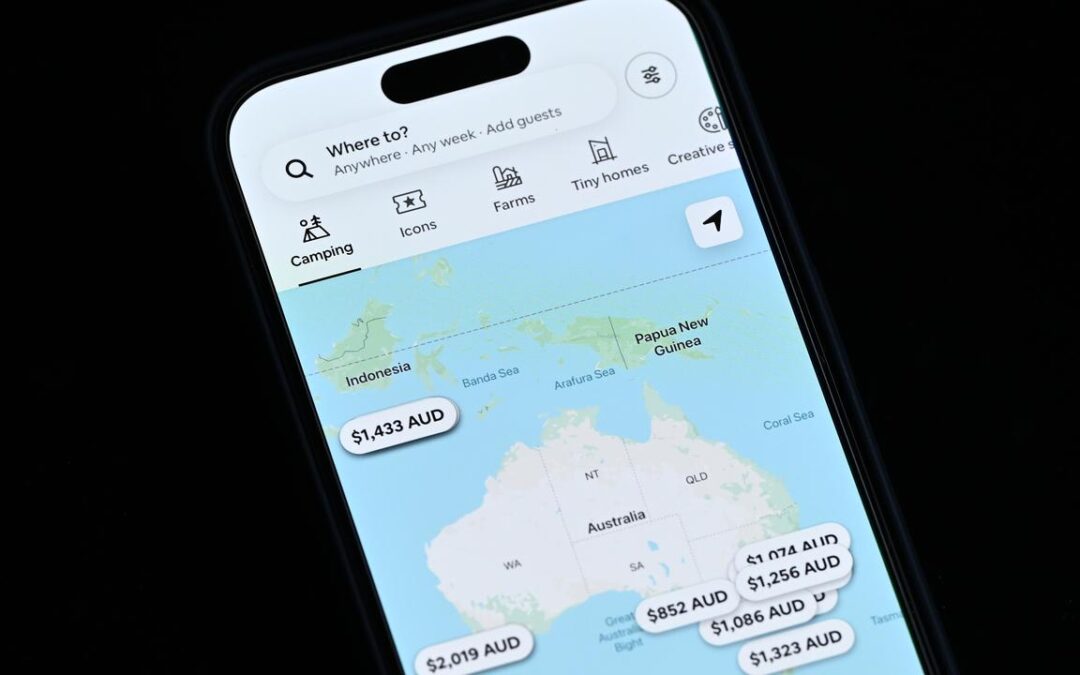
Airbnb hosts say caps won’t shift them to rental market
Imposing further booking limits on short-stay properties would have little impact on rental supply and affordability in Australia’s biggest cities, Airbnb says.
Capping or lowering the number of nights a property could be listed would only prompt about one in every eight hosts to put the property up for long-term rental, a survey commissioned by the platform found.
The survey, conducted by YouGov, polled more than 1000 Airbnb hosts in Sydney and Melbourne.

More than 47,500 dwellings in NSW are registered as short-term rentals, with more than 30,000 of them “non-hosted”, meaning the owner does not live there.
Properties can be used as short-term rentals for a maximum of 180 days per year in greater Sydney and 60 days per year in Byron Shire.
A 7.5 per cent levy on short-term rental accommodation started in Victoria in January.
Two-thirds of the surveyed hosts who said they would not rent the property out long-term said it was unsuitable, or that it was their second or holiday home.
More than 40 per cent of the surveyed hosts said they would continue short-term rentals until hitting a cap, then leave the property empty.
Imposing further caps would likely not move many Airbnb listings into the long-term rental market “which defeats the intended effect”, YouGov public data director Paul Smith said.
Airbnb public policy head Michael Crosby said the results showed short-term rentals made up a small proportion of the nation’s total housing stock and “draconian measures” such as caps and bans did not make housing more affordable.
“Harsh restrictions like night caps are not effective in solving our housing issues and simply hurt those trying to earn some extra money to offset the cost of living,” he said.
“Homes would be far more likely to sit empty than become a long-term rental.”
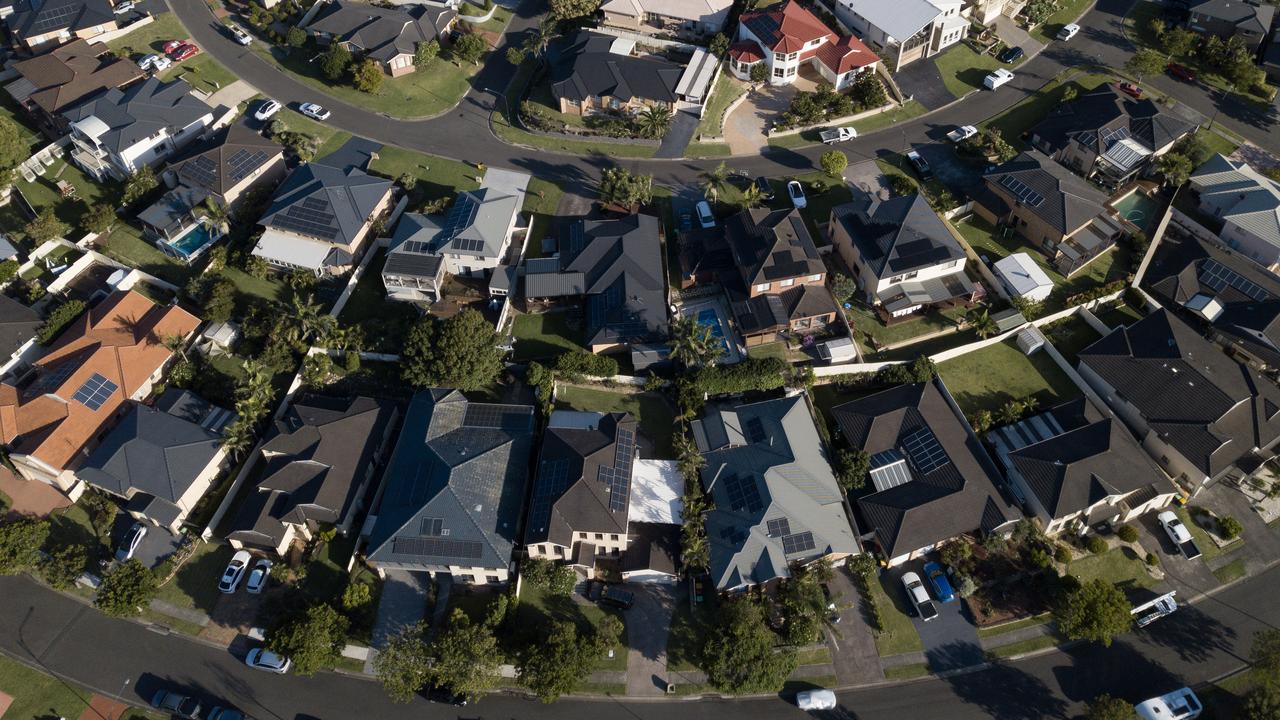
Most surveyed hosts had only one property listed on the short-term rental platform.
Urban and regional planning expert Nicole Gurran recently analysed the impact of short-term rentals in tourism hotspots and said there were barriers for owners to move between markets.
“It’s not just a simple matter of putting a furnished property up for long-term rental and switching between the two,” the University of Sydney professor told AAP.
“One of the recommendations that we made was that governments establish programs to facilitate that, particularly homes that are well-located relative to housing need.”
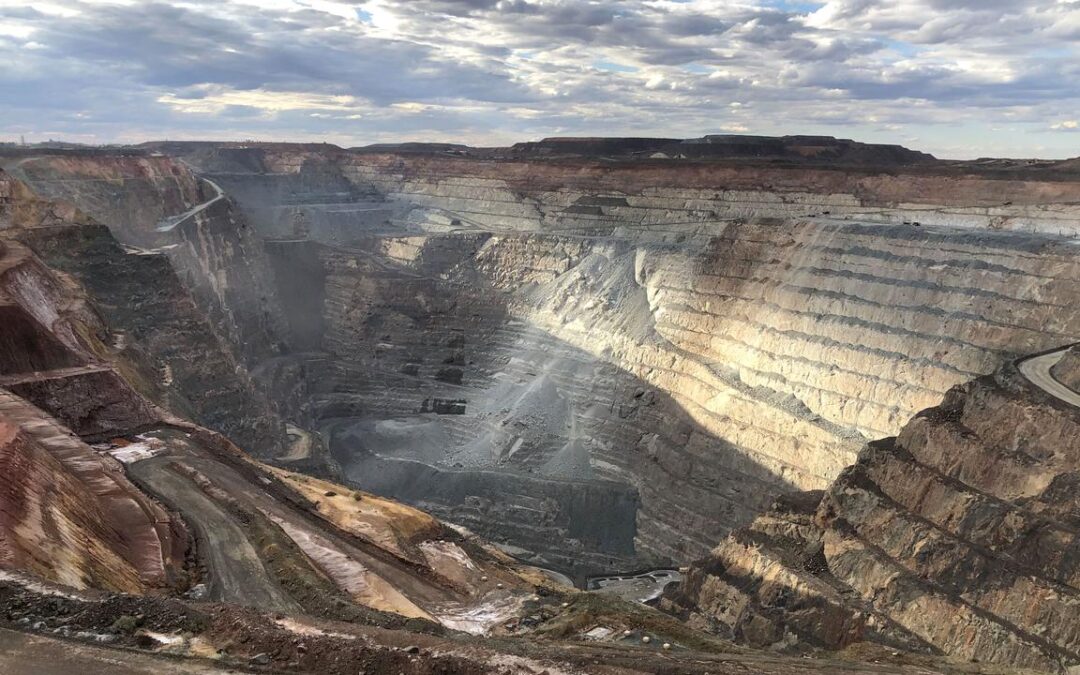
Rare earths miners see opportunity in US trade war
Trade tensions between the US and China are playing into the hands of Australian rare earths miners.
The weapons and electronics ingredients with hard-to-pronounce names such as praseodymium and neodymium have become the centre of a geopolitical tussle between the two largest world powers.
For aspiring vertically-integrated rare earths producer Australian Strategic Minerals, that presents an attractive opportunity.
The ASX-listed firm is busy working on getting its construction-ready Dubbo mine online, but has already been inundated with orders for its South Korea processing plant.
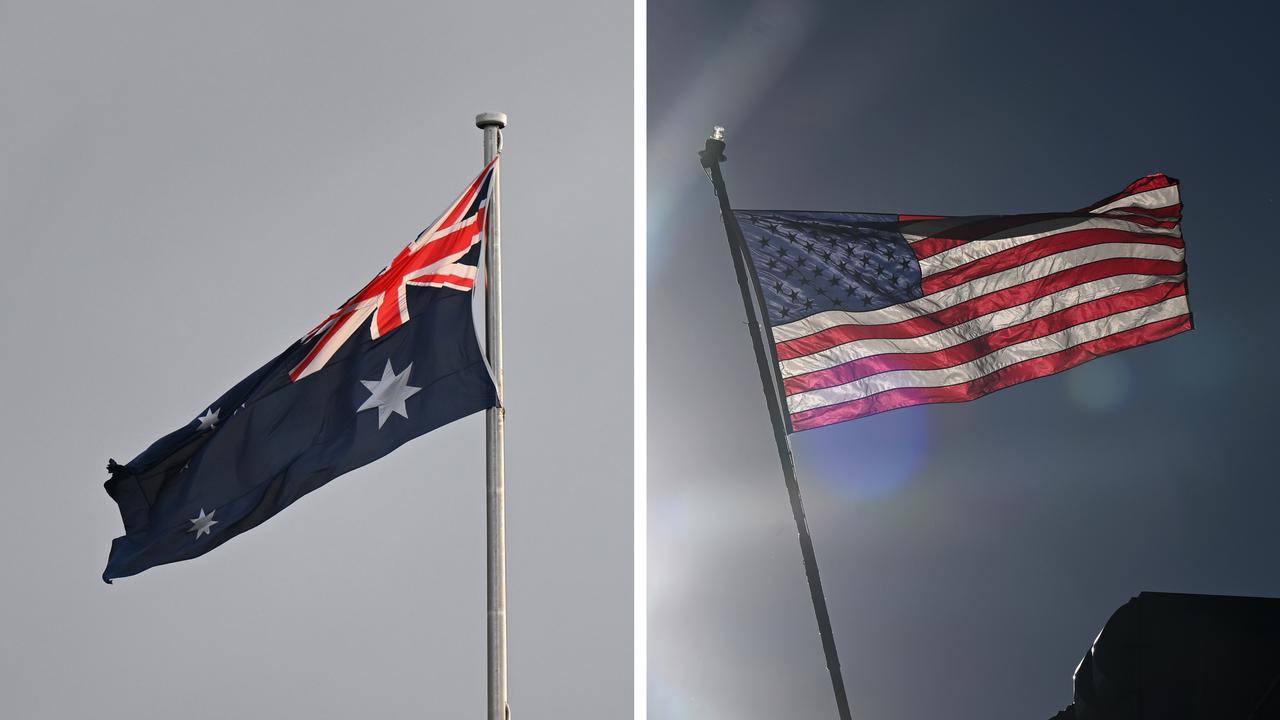
It all kicked off when China retaliated to US tariffs by cutting off its near-total supply of rare earth minerals.
That sent a wake-up call to American policymakers who realised they needed to take control of their supply chains, ASM chief executive Rowena Smith said on Monday.
“The Korean metals plant, particularly in recent months since those restrictions that we saw imposed by China, has had a huge influx of inquiry. So we’re busy ramping up our facility there,” she told the Diggers and Dealers mining forum in Kalgoorlie.
The plant, located 115kms south of Seoul, is one of a few facilities outside of China capable of refining rare earths into the high-tech metals and alloys that are then turned into magnets essential for making electronic devices.
In July, the US Department of Defence invested $US400 million in rare earths miner MP Materials, including a generous guaranteed price floor of $US110 per kilogram for neodymium and praseodymium.
The decision put a rocket under rare earth prices and put the market on notice that the US government was looking to do business.
“At the moment, we’ve been talking to the DoD about funding support” for a US-based facility, Ms Smith said.
“What we’re seeing in the US is that the policy is extremely supportive of putting this facility into that jurisdiction.
“And we are seeing that, not just at the Trump administration – the federal – but actually at the state level, very strong competition to having this facility put into their own jurisdiction.”
Another Australian company that has benefited from the Americans’ determination to achieve supply chain independence is Lynas, the biggest producer of rare earths outside of China.
The Perth-based company has been awarded funds by the DoD to construct a processing facility in Texas, which will add to its current facilities in Malaysia and Kalgoorlie.
More details about the project are likely to be revealed on Tuesday morning, when Lynas general manager development Alex Logan takes to the Diggers and Dealers stage.
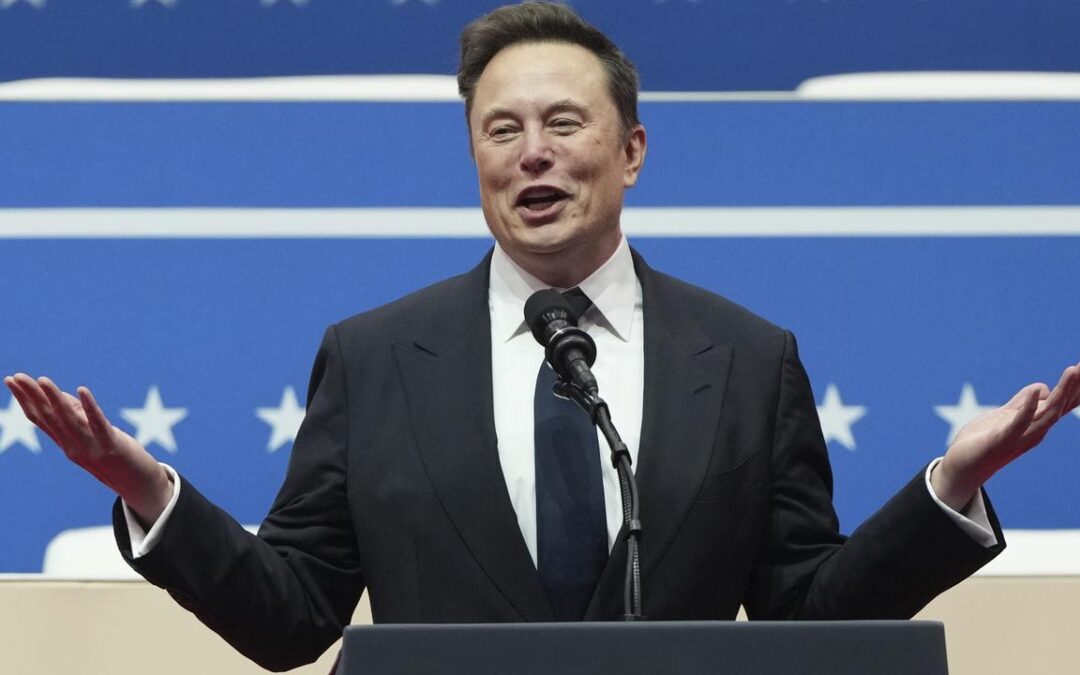
Tesla approves shares worth $US29 billion to Elon Musk
Tesla has granted CEO Elon Musk 96 million shares worth about $US29 billion ($A45 billion), a move aimed at keeping the billionaire entrepreneur at the helm as he fights a court ruling that voided his original pay deal for being unfair to shareholders.
In 2024, a Delaware court voided Musk’s 2018 compensation package, valued at over $US50 billion, citing that the Tesla board’s approval process was flawed and unfair to shareholders.
Musk kicked off an appeal in March against the order, claiming a lower court judge made multiple legal errors in rescinding the record compensation.
Earlier this year, the EV maker said the board had formed a special committee to consider some compensation matters involving Musk, without disclosing any details.
Tesla is at a turning point as Musk, its largest shareholder with a 13 per cent stake, shifts focus from a promised affordable EV platform to robotaxis and humanoid robots, positioning the company more as an AI and robotics firm than an automaker.
“While we recognise Elon’s business ventures, interests and other potential demands on his time and attention are extensive and wide-ranging … we are confident that this award will incentivise Elon to remain at Tesla,” the special committee said in the filing.
The award is designed to gradually boost Musk’s voting power, something he and shareholders have consistently said was key to keeping him focused on Tesla’s mission, it added.
Musk must pay Tesla $US23.34 per share of restricted stock that vests, which is equal to the exercise price per share of the 2018 CEO Award, it said in the filing.
Tesla’s stock has lost about a quarter of its value so far this year as the company grapples with a decline in sales wrought by its aging vehicle line-up, tough competition and Musk’s political stances that have alienated some potential buyers.
The challenges have been worsened by US government cuts in support for EVs, with Musk saying at a post-earnings call last month that the waning subsidies could lead to a “few rough quarters” for the company before a wave of revenue from self-driving software and services begins late next year.
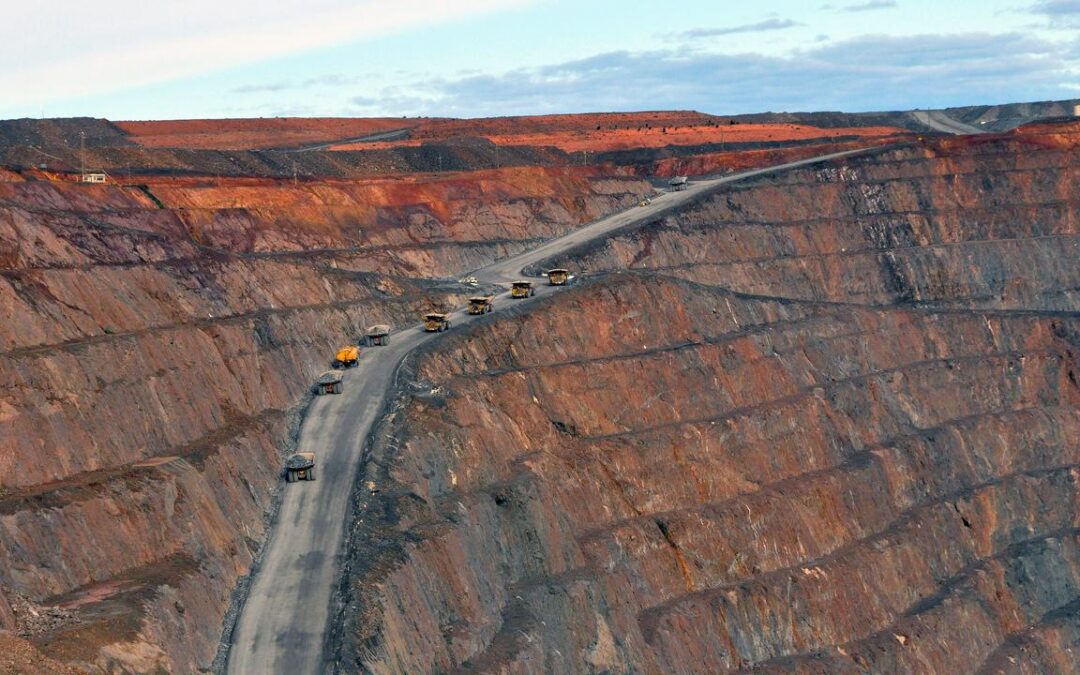
Rivers of gold pour into Kalgoorlie for mining forum
Mining has always been an industry of boom and bust.
The fickle fortunes of Australia’s biggest export sector were clear to see on opening day of the annual Diggers and Dealers conference on Monday.
With bullion prices sitting at record highs, goldminers Evolution and Ramelius Resources could scarcely conceal their glee as they boasted to investors, analysts and rivals of the rivers of cash flowing their way.
Just a few years ago, Ramelius was targeting an ore grade of two grams per tonne and making good money, chief executive Mark Zeptner said.
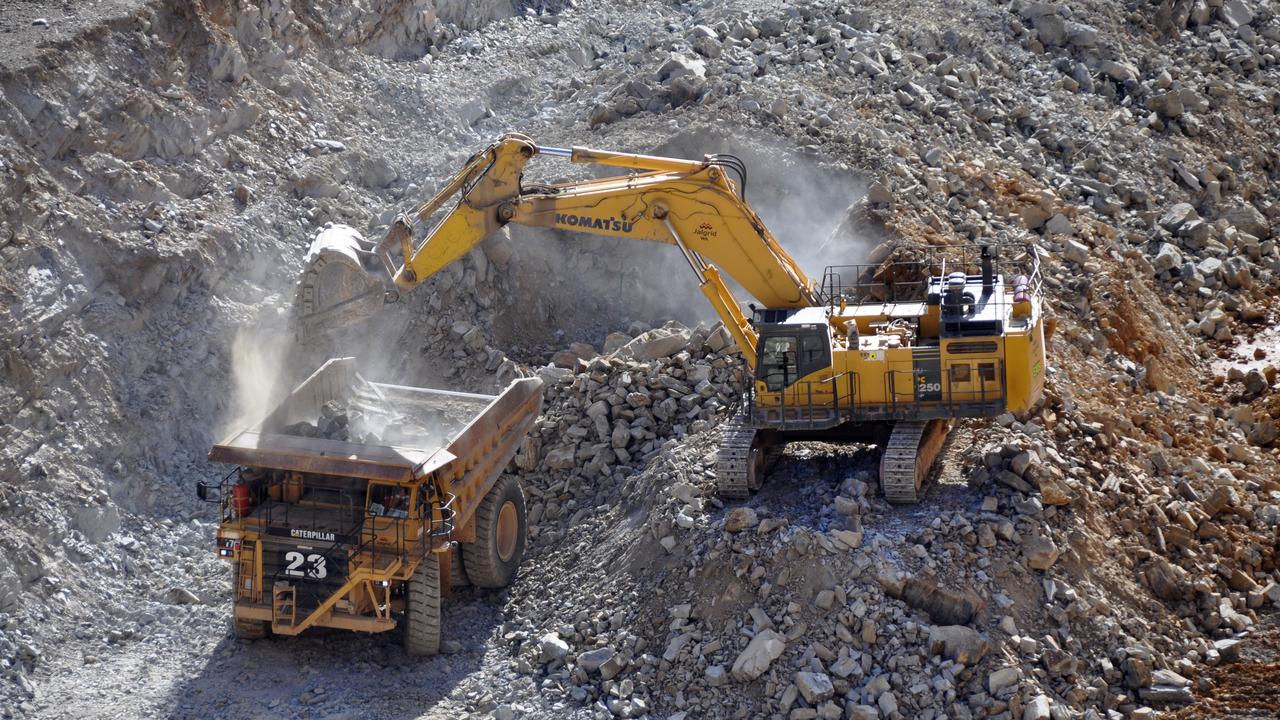
Today, following its merger with Simon Lawson-founded Spartan Resources, it’s hitting an average grade of three grams of gold per tonne of ore mined.
“So it’s fair to say at a three gram per tonne head grade and the current gold price, we are killing it,” Mr Zeptner said, grinning.
After “sparring” with Mr Lawson in the past year or so, the pair find themselves at the helm of one of the ASX’s largest goldminers following a $2.5 billion merger.
Mr Zeptner said he would handle the “boring” financial operations of the new joint entity – “that is if you find ridiculous cash flows boring” – while Mr Lawson, who has stayed on as deputy chairman, said he was content to focus on exploration.
“Mark and I, after stopping sparring, agreed that it would be a great combination to bring that skill set together, that operational excellence and that exploration upside … hopefully, that sizzle,” he said.
Mr Lawson is a rockstar in the WA Goldfields town of Kalgoorlie, which is hosting the mining forum for a 34th time.
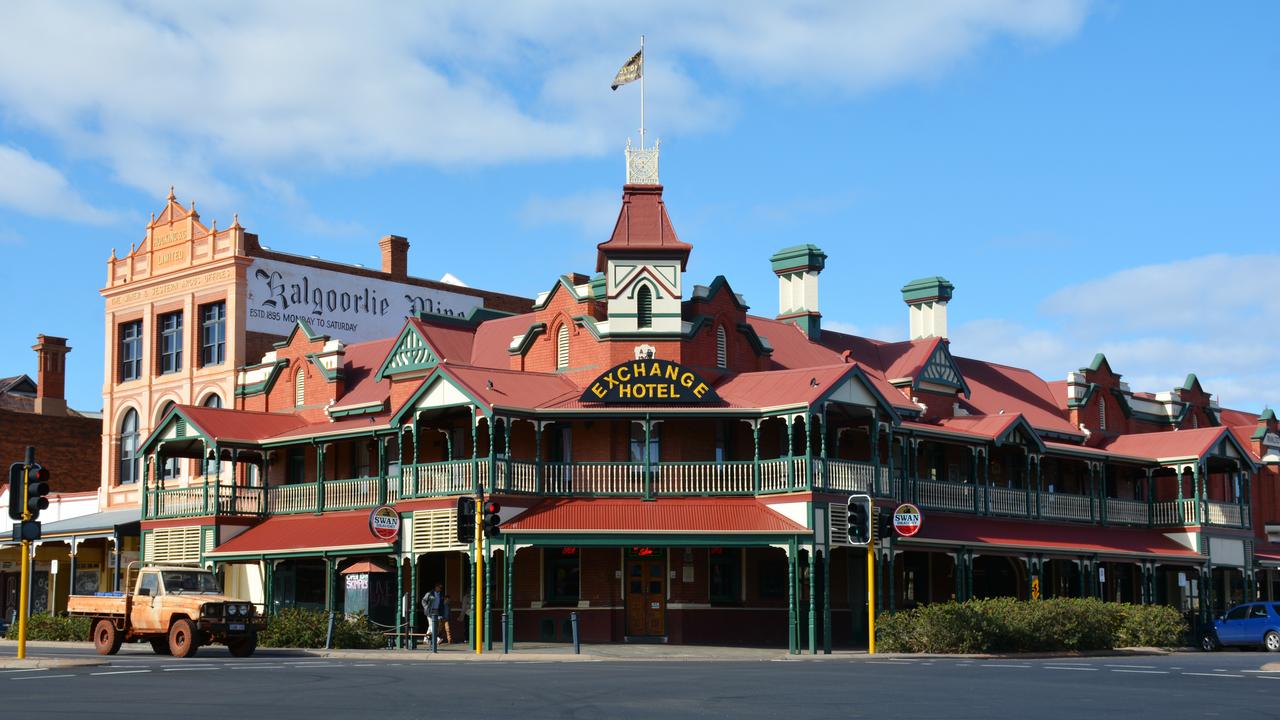
The price of gold has almost doubled in less than three years to nearly $5200 an ounce, flooding the coffers of miners.
Following the Ramelius-Spartan tie-up and Northern Star’s $5 billion takeover of De Grey Mining, there is still plenty of M&A appetite in the sector.
Miners attending the forum are sitting on astronomical cash and bullion reserves, with five companies – Northern Star, Ramelius, Evolution, Vault and Regis – on more than $500 million each, according to gold mining consultants Surbiton Associates.
“Perhaps they could be used for further acquisitions, although prices now paid to obtain such new assets are very high,” director Sandra Close said.
“The concern is that the larger the cash reserves become, the more the company may become a tempting takeover target.”
But things were less rosy for uranium miners Paladin and Boss Energy.
The short seller targets were the first miners to present on Monday and had a tough story to sell.
Falling uranium prices have smashed share valuations, while Paladin and Boss have suffered output downgrades at their Langer Heinrich and Honeymoon mines, respectively.

Additionally, hopes for an Australian nuclear power industry to boost demand for the radioactive ore were dashed when the Peter Dutton-led coalition, which championed the policy, was trounced at the May election.
But governments globally were looking increasingly favourably at uranium to power their energy needs; a promising prospect for the industry, outgoing Boss Energy chief executive Duncan Craib said.
“Australia has a once-in-a-generation opportunity to contribute in achieving net zero and capitalise on the inevitable surge of global uranium demand that will accompany it,” he said.
Despite his bullish comments, Mr Craib shied away from the media pack, avoiding the customary question-and-answer with journalists following his presentation.
There was plenty of support for nuclear energy in the event’s curtain-raiser, a panel discussion between Canadian nuclear advocate Chris Keefer, Centre for Independent Studies energy expert Aidan Morrison and the right-wing think tank’s executive director Tom Switzer.
Australia’s best shot at reducing carbon emissions in electricity generation remained nuclear power, but even then it would not be possible to achieve net zero by 2050, Mr Morrison said.
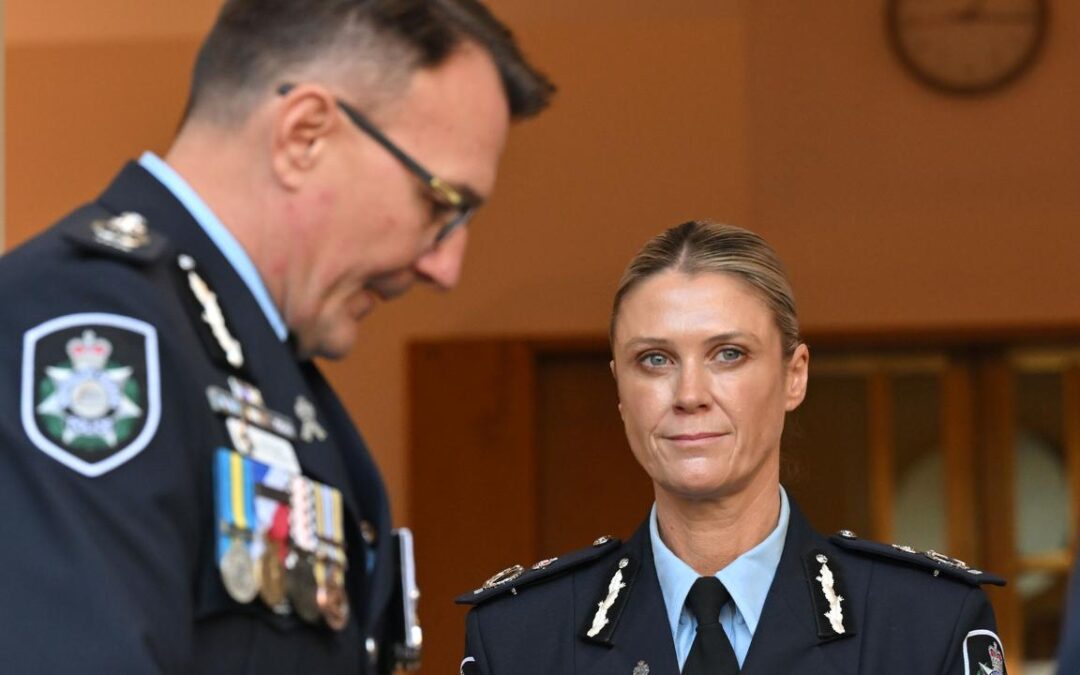
Meet the first woman to lead Australia’s federal police
Krissy Barrett joined the Australian Federal Police as a young administrative assistant and will now make history as the first woman to lead the agency.
Ms Barrett has been appointed the ninth Australian Federal Police commissioner after a 25-year career in law enforcement that has included involvement in the Solomon Islands and the Bali bombings investigation.
“I never imagined that one day I would be leading this very fine organisation,” she said.
“I promise I will be your champion, I promise I will do this uniform proud for you and to every Australian – I will be devoted to protecting you and our way of life, and I commit to working as hard as I can every single day like every AFP commissioner before me.”
The deputy commissioner will replace Reece Kershaw in early October when he steps down after six years in the top job.
Prime Minister Anthony Albanese revealed her appointment on Monday.
“Today’s announcement is a historic appointment for the Australian government and for the AFP, with Ms Barrett becoming the first woman to hold the position of commissioner,” he told reporters in Canberra.
“The role of the AFP is critical to keeping our nation safe.
“There is no greater honour than wearing the uniform of those that serve and protect Australians.”
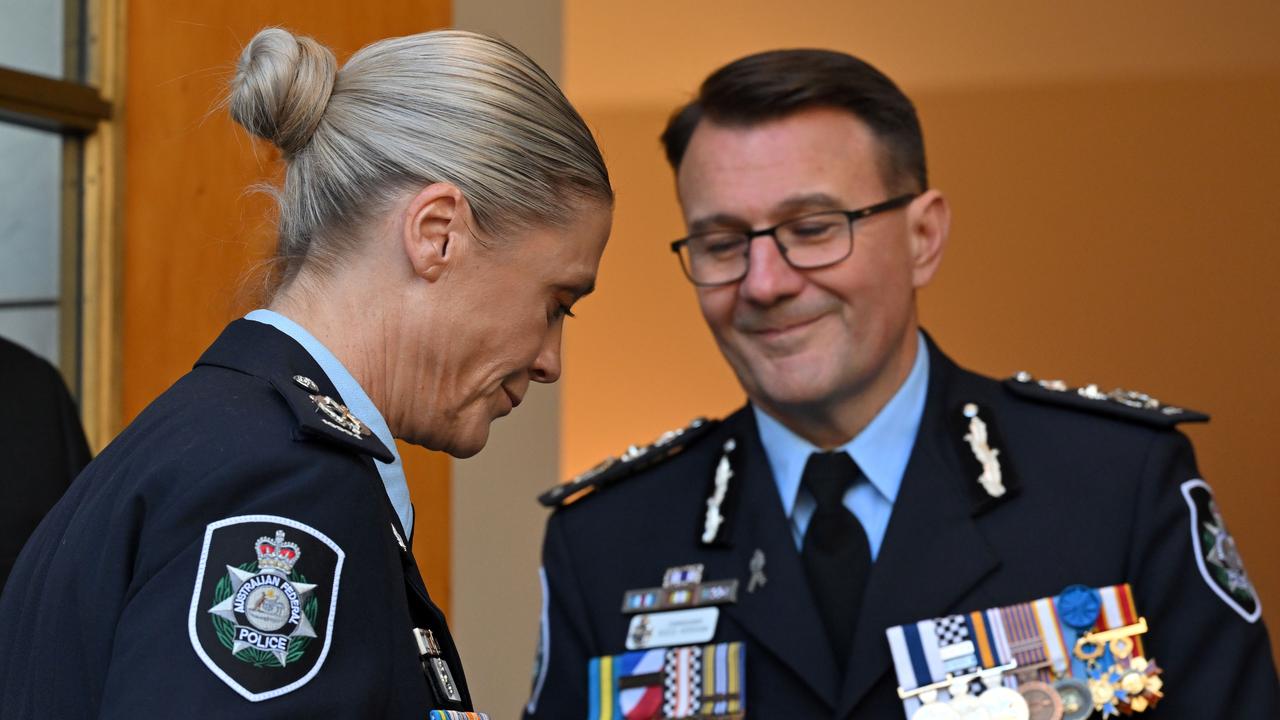
Ms Barrett began her career with the AFP as a 21-year-old administrative assistant in its Melbourne office before moving up the ranks.
She said one of her key focuses would be ensuring the federal police had a “healthy workforce”.
“It’s extremely important that we have the support there, not only for the members during their work life, but also after that,” she said.
Mr Kershaw was commended for his work wrangling organised crime and maintaining relationships with policing organisations throughout the Pacific.
But he said the job had taken its toll on family life, as he retired from the role early which would have run into October 2026.
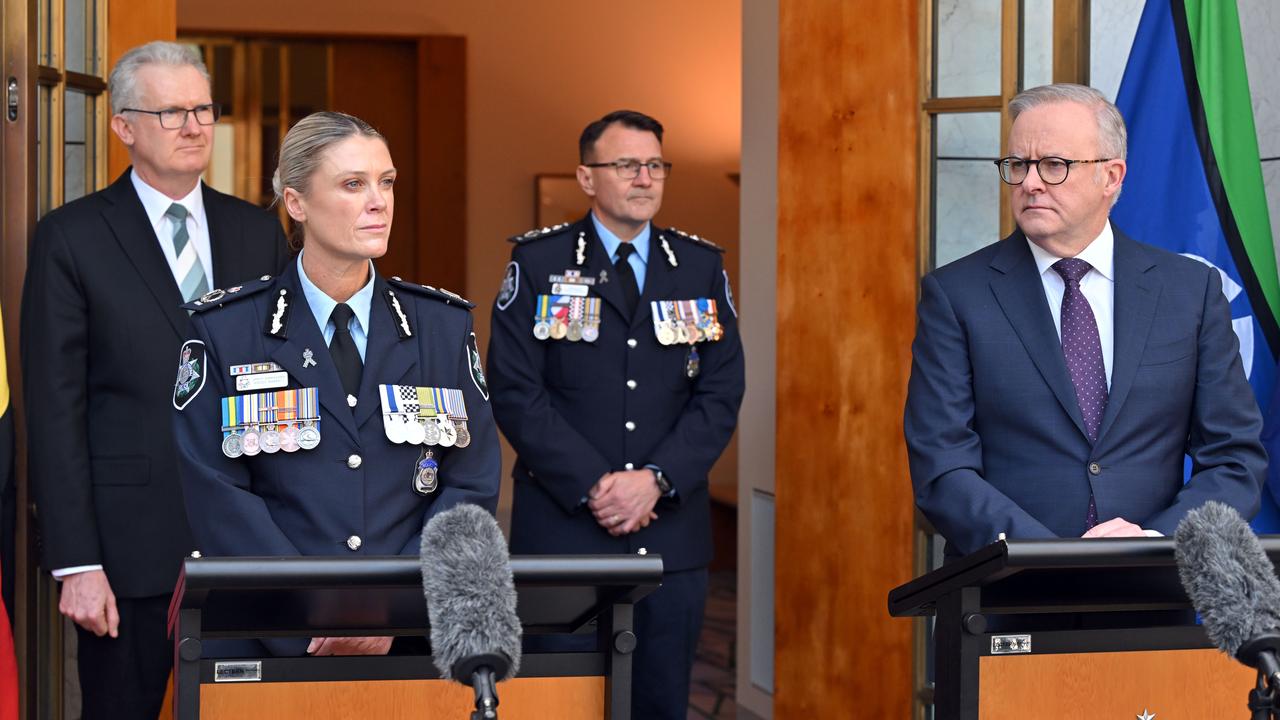
“Being a grandfather has changed me dramatically and I need to be there for my family,” Mr Kershaw said.
“Policing is such a hard profession that we work in, and we sacrifice a lot, and in particular, our family.
“It’s time for me to give back.”
Mr Albanese thanked Mr Kershaw for his decades of service.
“Reece, you have achieved an enormous amount for our nation, and I hope you feel incredibly proud,” he said.
Mr Kershaw courted some controversy during his tenure, including claims he should have declared a conflict of interest over his friendship with a PwC Australia partner with whom he discussed a contract.

Female ‘safe space’ app defends booting trans woman
A social media app has defended the ejection of a transgender woman, claiming the platform was needed as a safe space against “deplorable” behaviour from men.
The Giggle for Girls app and founder Sall Grover are seeking to overturn a 2024 finding it discriminated against a transgender user by removing her from the women-only platform in September 2021.
The platform was a “special measure” exempt from discrimination law because it sought to achieve substantial equality between men and women, an appeal court was told on Monday.
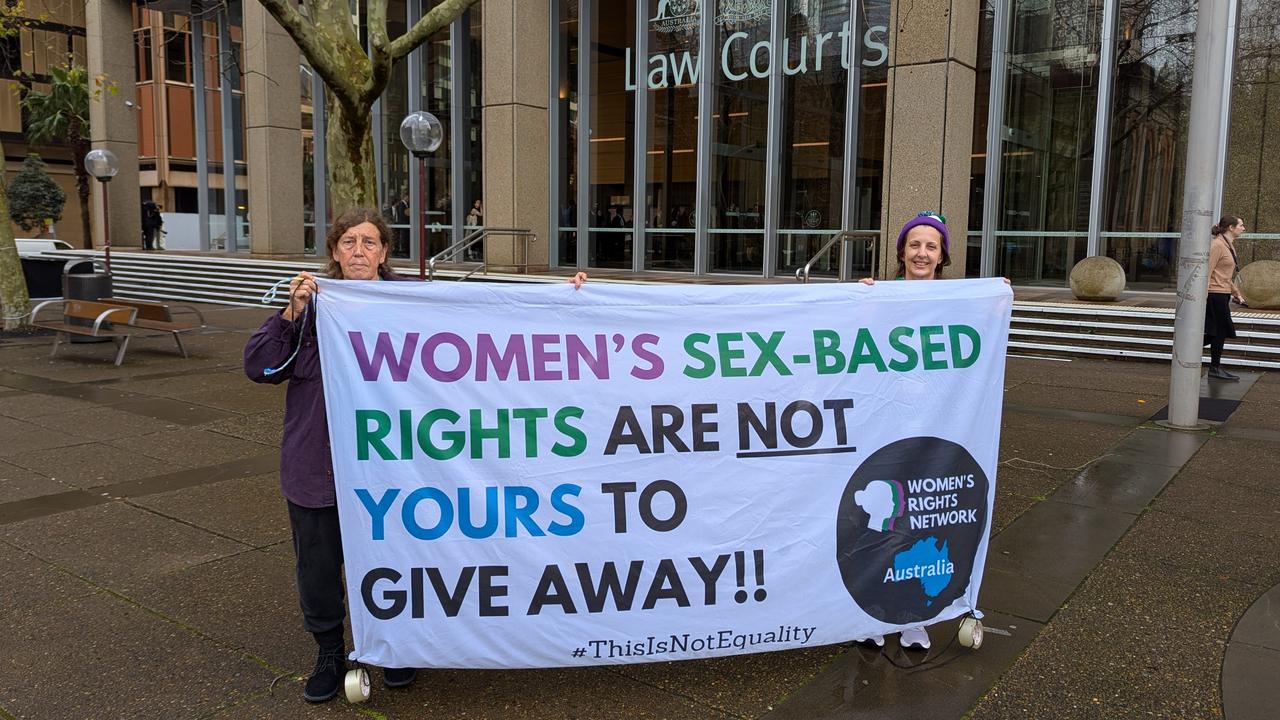
The ability to create these kinds of special measures to promote equality would be frustrated if Justice Robert Bromwich’s findings remained because they would – by definition – discriminate against some group of people, Noel Hutley SC said.
“A special measure will exclude someone necessarily because it’s otherwise not special,” he told the Full Court of the Federal Court on Monday.
The barrister said Ms Grover’s intention behind the app was to provide a “safe space” for women.
Evidence was shown to the court from women of sexual abuse, alcoholism, trolling and harassment from men who had found refuge on the Giggle platform.
“It’s got to the point to say that a by-blow of it is that certain people couldn’t get onto it and were hurt by it – that’s unfortunate,” Mr Hutley said.
The evidence showed “the most deplorable behaviour of men on the internet,” he told a panel of three judges.
The need for this type of space was “manifest” and it was a special measure despite excluding certain groups.
Lawyers from the Sex Discrimination Commissioner have challenged this in court, saying “invidious discrimination” could be – on Giggle’s view of the world – permitted to take place under the guise of a special measure.
When Mr Hutley said this was an “extreme example” and did not need to be considered, one judge pushed back – asking why someone seeking to actively harm another group would be protected.

“Why would the (Sex Discrimination Act) then say that’s OK?” Justice Melissa Perry asked.
Mr Hutley replied by saying parliament had to form a compromise when enacting the legislation.
“So you say as long as you have a purpose of achieving substantive equality between one of the protected groups, you’re in, irrespective of the nature of any other purpose?” the judge asked.
“Quite,” Mr Hutley replied.
“If your purpose was to advance women, (if another) purpose was to disadvantage men then there’s nothing wrong with that.”
Justice Perry asked what Ms Grover meant when she said she wanted Giggle to be a women-only safe space.
“Women who she had judged to look like women,” Mr Hutley replied.
“No, but you’re going in circles,” the judge noted.
Ms Grover denies findings she rejected Roxanne Tickle – who was born male but identifies as female – from the app in September 2021 because she did not look like a cisgender woman.
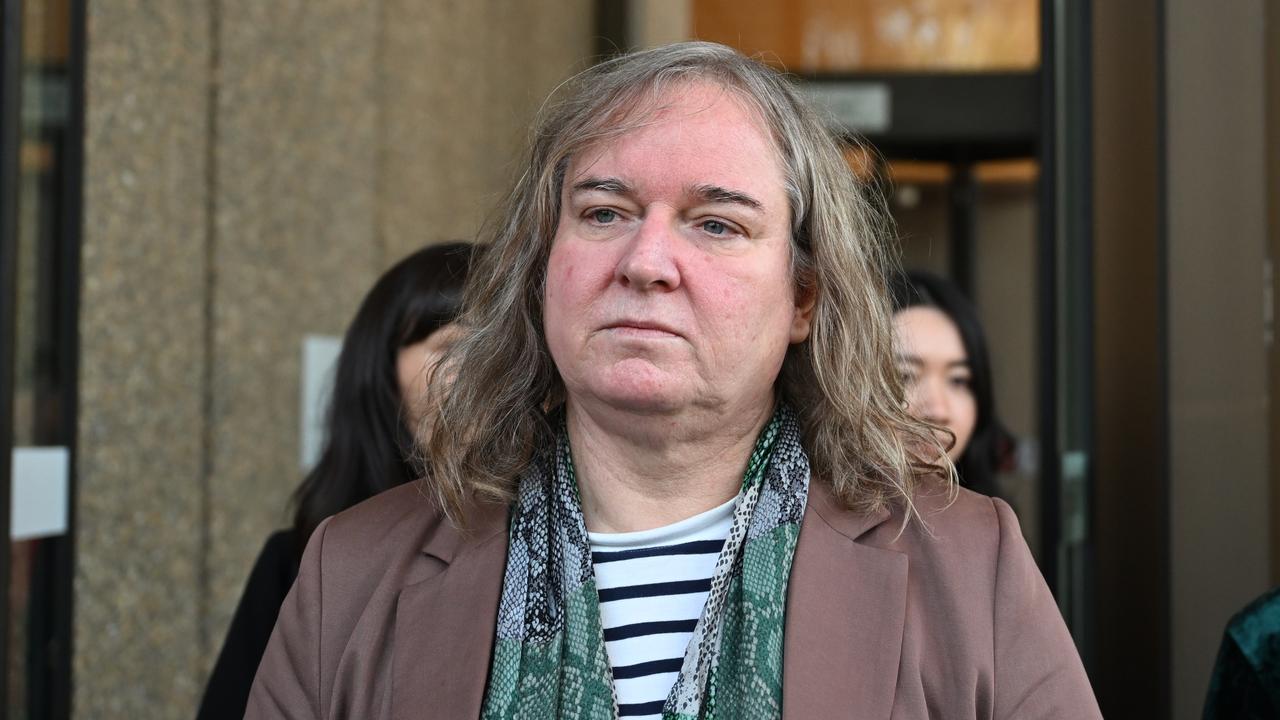
Rather, she simply weeded out people who did not “appear female,” Mr Hutley said.
“Isn’t that a distinction without a difference?” Justice Perry asked.
Ms Tickle has also filed her own challenge to Justice Bromwich’s decision, seeking to increase the $10,000 in damages he awarded her in August 2024.
She further claims the judge wrongly found she was not directly discriminated against by Giggle and Ms Grover.
The judge found that a condition by the platform that its members had the appearance of cisgender women did not specifically target Ms Tickle but indirectly discriminated against her.
Her barrister Georgina Costello KC gave short submissions that her client was in fact a woman and that the definition of “sex” was not confined to a biological concept.
The hearing continues on Tuesday.
Lifeline 13 11 14
Fullstop Australia 1800 385 578
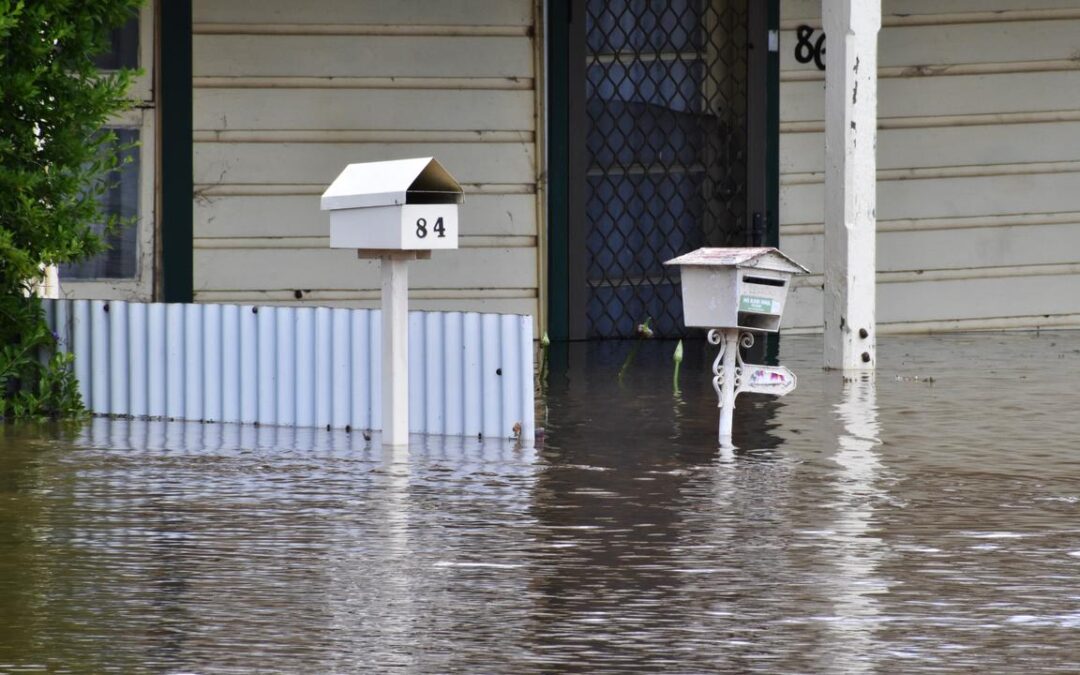
Climate ratings could spare buyers from risky homes
Australian homes could be rated on their vulnerability to bushfires, floods and other climate risks in a move that would keep buyers from uninsurable properties.
A resilience rating is among suggestions released by the Productivity Commission on Monday to manage the costs of climate change and cutting emissions to “free up resources for more productive activity”.
Ditching the fringe benefits tax exemption for electric cars has also been flagged with view to reducing incentive overlap, a move clean transport advocates warn could “slam the brakes” on EV adoption.
Recognising homes make up a big share of household wealth, the nation’s productivity think tank considers housing stock a priority for bolstering protections against floods, fires and storms.
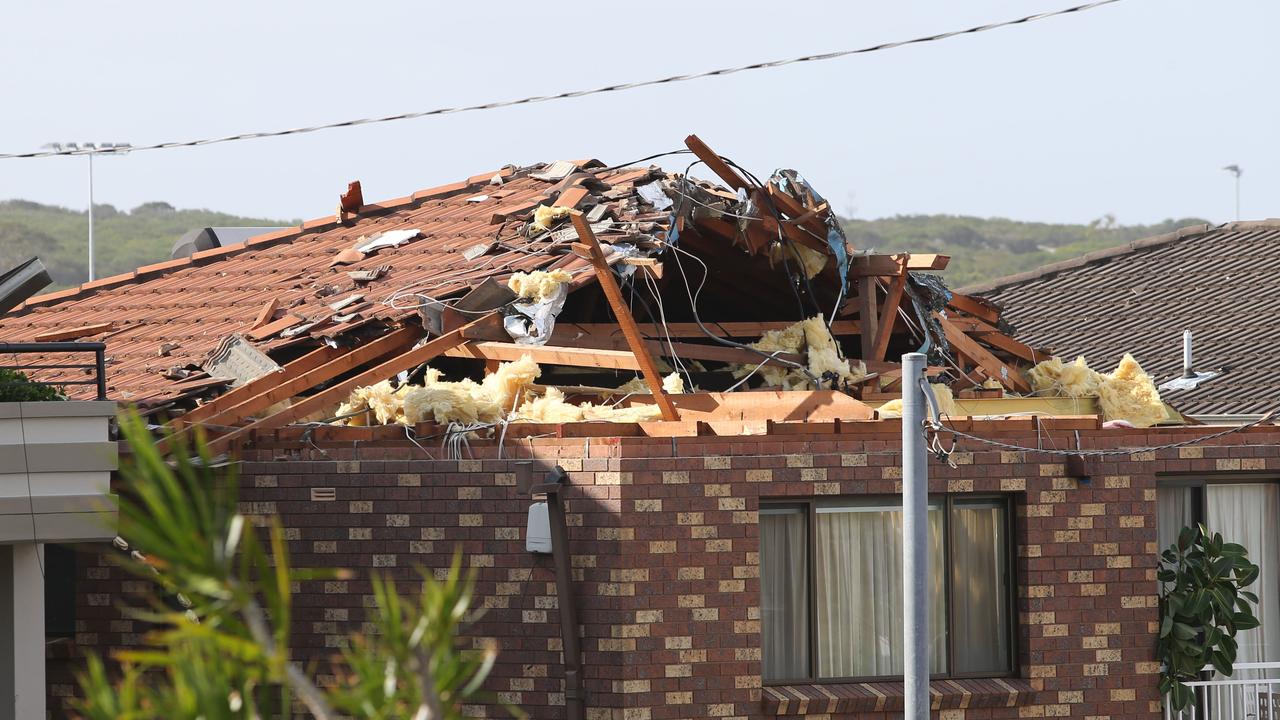
It wants a national database of climate hazards and a star rating system as a starting point and the development of guidance on affordable ways to make homes more resilient, such as replacing a roof with a fire-resistant design.
At the moment, homebuyers know less about a dwelling’s climate exposure than owners, which might lead them to overpay or be stuck in an insurable property.
The situation also leaves sellers with little incentive to invest in upgrades.
A star-rating tool could also help inform insurance pricing, the interim report said, with discounted premiums available for owners who invest in adaptation.
Resilient Building Council chief executive Kate Cotter said insurers and banks already factored climate risk in pricing their premiums, but doing the same for upgrades was not so easy.
“They’re sort of pricing-in the negative and now we can help them price-in the positive,” she told AAP.
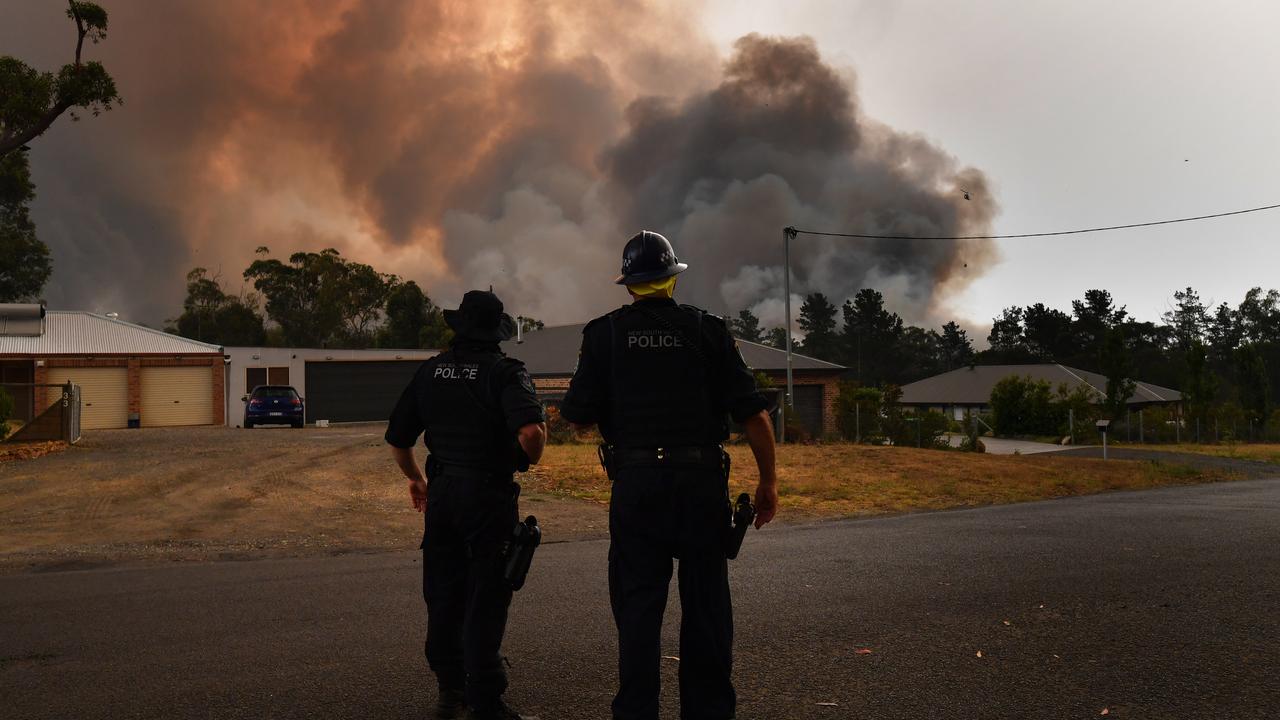
The national not-for-profit has been working on voluntary disaster rating systems and Ms Cotter believes there is appetite to make it compulsory to disclose home vulnerabilities to climate change.
She said any kind of mandatary disclosure evoked concerns around property prices and insurability.
“The most important thing will be that people have a pathway out of a bad rating.”
Resilience star ratings are among many interim recommendations to minimise the costs of cutting emissions and adapting to climate change, paving the way for efficiency gains.
Both “overlaps and gaps” were identified in the transport sector, with the Productivity Commission calling for incentives to cut emissions from heavy vehicles.
It also believes the electric car exemption from the Fringe Benefits Tax and state tax carve-outs should be wound back, arguing new vehicle efficiency standards are already doing enough heavy lifting to make EVs cheaper than gas guzzlers.
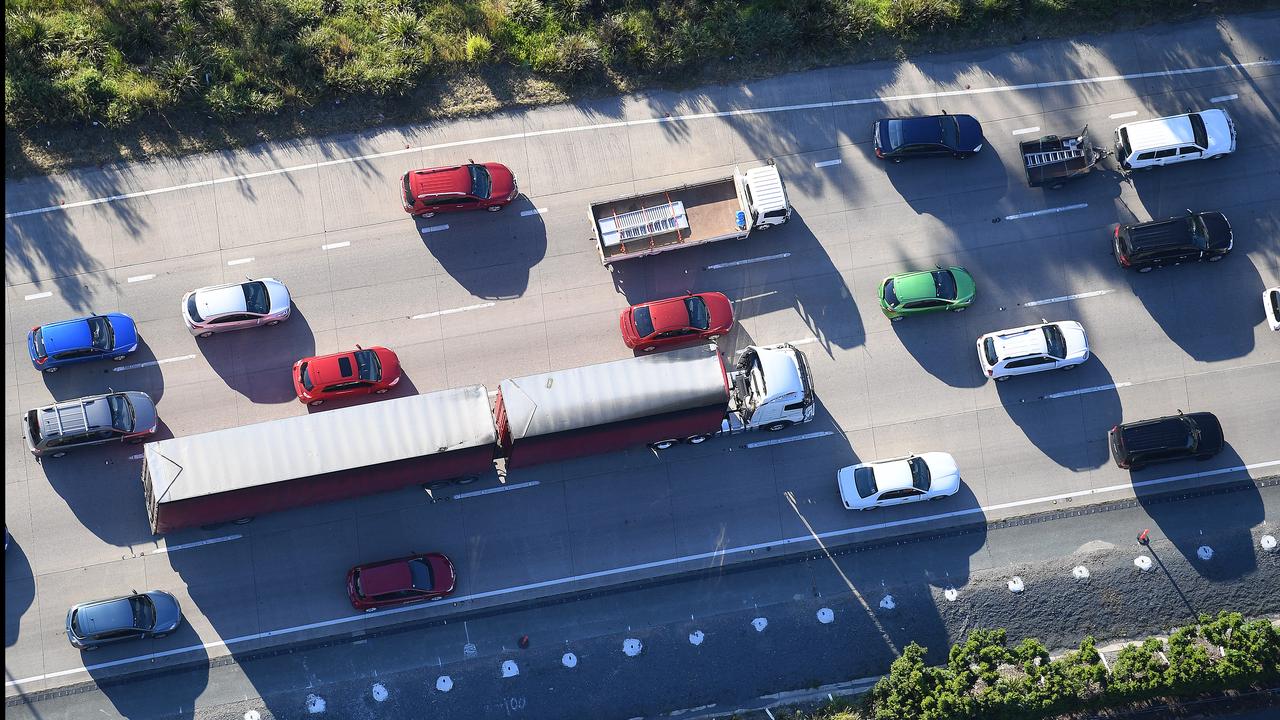
Electric Vehicle Council chief executive officer Julie Delvecchio warned against dumping the tax exemptions.
“Scrapping the discount on EVs now would pull the handbrake on electric vehicle adoption across Australia meaning more toxic pollution, poorer health outcomes and a deeper addiction to foreign-owned fossil fuels,” she said.
Expanding the safeguard mechanism and speeding up clean energy approvals were also recommended by the nation’s top productivity experts in their second of five planned reports.
“Australia’s net-zero transformation is well under way,” commissioner Barry Sterland said.
“Getting the rest of the way at the lowest possible cost is central to our productivity challenge.”
Treasurer Jim Chalmers is preparing to convene a roundtable in search of solutions to the nation’s lacklustre productivity.

Women’s app makes case to ‘disadvantage’ for equality
A social media app has defended ejecting a transgender woman, claiming that certain groups could be lawfully disadvantaged by efforts to advance women’s rights.
The Giggle for Girls app is seeking to overturn a 2024 finding that it discriminated against a transgender user by removing her from the women-only platform in September 2021.
The platform was a “special measure” exempt from discrimination law as it sought to achieve substantial equality between men and women, an appeal court was told on Monday.
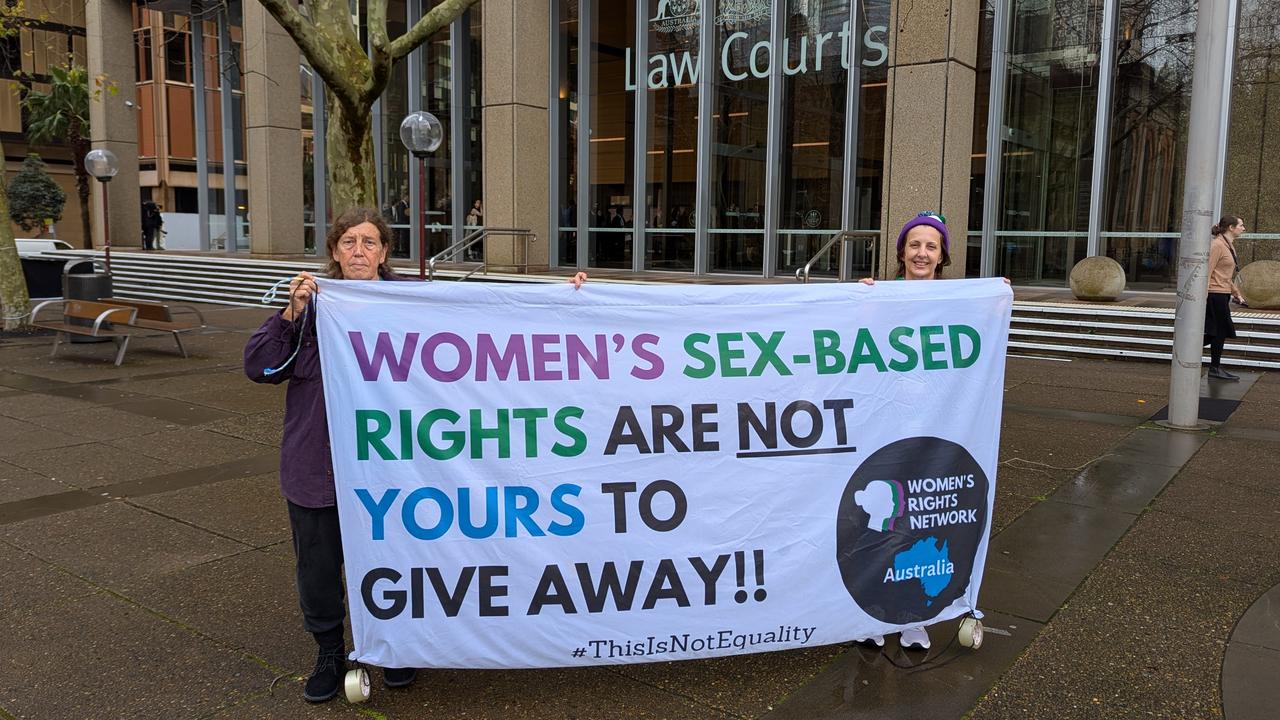
The ability to create these kinds of special measures to promote equality would be frustrated if Justice Robert Bromwich’s findings remained because they would – by definition – discriminate against some group of people, Noel Hutley SC said.
“A special measure will exclude someone necessarily because it’s otherwise not special,” he told the Full Court of the Federal Court on Monday.
Lawyers from the Sex Discrimination Commissioner have challenged this, telling the court that this would permit “invidious discrimination” to take place under the shield of a special measure.
When Mr Hutley said this was an “extreme example” and did not need to be considered, one judge pushed back – asking why someone seeking to actively harm another group would be protected.
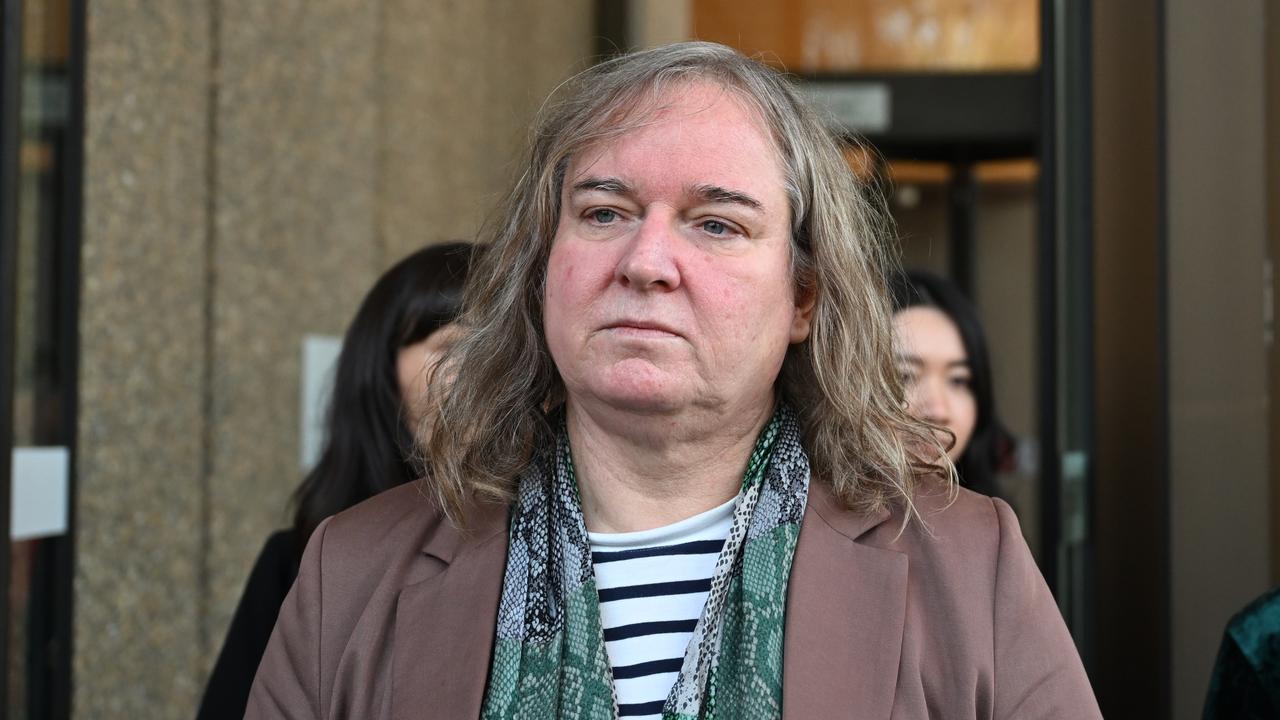
“Why would the (Sex Discrimination Act) then say that’s OK?” Justice Melissa Perry asked.
Mr Hutley replied by saying parliament had to form a compromise when enacting the legislation.
“So you say as long as you have a purpose of achieving substantive equality between one of the protected groups, you’re in, irrespective of the nature of any other purpose?” the judge asked.
“Quite,” Mr Hutley replied.
“If your purpose was to advance women, (if another) purpose was to disadvantage men then there’s nothing wrong with that.”

Roxanne Tickle – who was born male but identifies as female – was removed from the app in September 2021.
Ms Tickle has also filed her own challenge to Justice Bromwich’s decision, seeking to increase the $10,000 in damages he awarded her in August 2024.
She further claims the judge wrongly found that she was not directly discriminated against by Giggle and its founder Sall Grover.
The judge found that a condition by the platform that its members had the appearance of cisgender women did not specifically target Ms Tickle but indirectly discriminated against her.
The hearing continues.
Lifeline 13 11 14
Fullstop Australia 1800 385 578